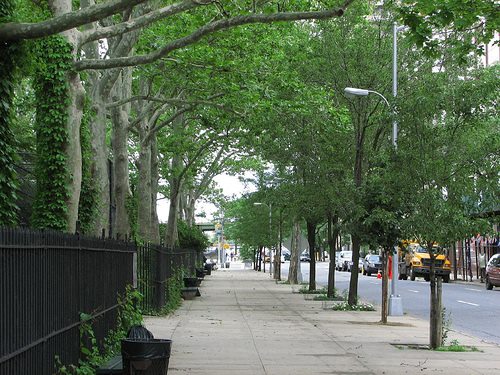The Gardener's Journal
ACCESS TO NATURE CAN IMPROVE MENTAL HEALTH

ACCESS TO NATURE CAN IMPROVE MENTAL HEALTH
In the fret and frenzy of a fast-paced urban life, getting out “in nature” would seem an obvious way to mentally and emotionally slow down and restore tranquility to our lives. Research increasingly validates this assumption.
In a Science Alert article, Peter Dockrill referenced a study published by researchers at Stanford University which “has quantified how access to nature could be a vital component in our overall mental health.”
(https://www.sciencealert.com/access-to-nature-may-be-vital-for-mental-health-study-finds)
Since an increasing percentage of the population lives and works in urban areas, researchers from Stanford University wanted to examine the link between urbanization and the increased instances of mental illnesses and anxiety disorders among city dwellers, compared with people who live in rural settings. In a controlled experiment, the researchers looked at whether exposure to nature could influence depression levels, especially ‘rumination’, which is defined as repetitive, negative thoughts about oneself.
The researchers divided participants into two groups and led each group on timed walks in very different environments. One group walked beside a busy highway, while the other group wandered across a grassy area in which trees and shrubs were growing.
As you look at each of the photos below, do your responses differ? How so? Based on your responses, you probably already know the outcome of the Stanford study, but I’d still love to have you come back next week to read the “official” results of the study, so you know I’m not making it up. I’d also love to show you how a Hanselman Landscape garden is making a difference for apartment residents in the heart of busy Chinatown, Philadelphia. Come back, won’t you?
Gladly shared by Betty Hanselman
Gardener’s wife (& grateful green-space dweller)


OUR GARDEN DESIGN PROCESS

Explore
Share your goals, ideas, and project budget and we will begin to survey and plan your garden

Design
We will consider all your primary view perspectives, both inside and out as we design your garden

Build
Your garden dream will begin to take shape by the hands of our highly skilled craftsmen and landscapers

Enjoy
Your garden dream will begin to take shape by the hands of our highly skilled craftsmen and landscapers



